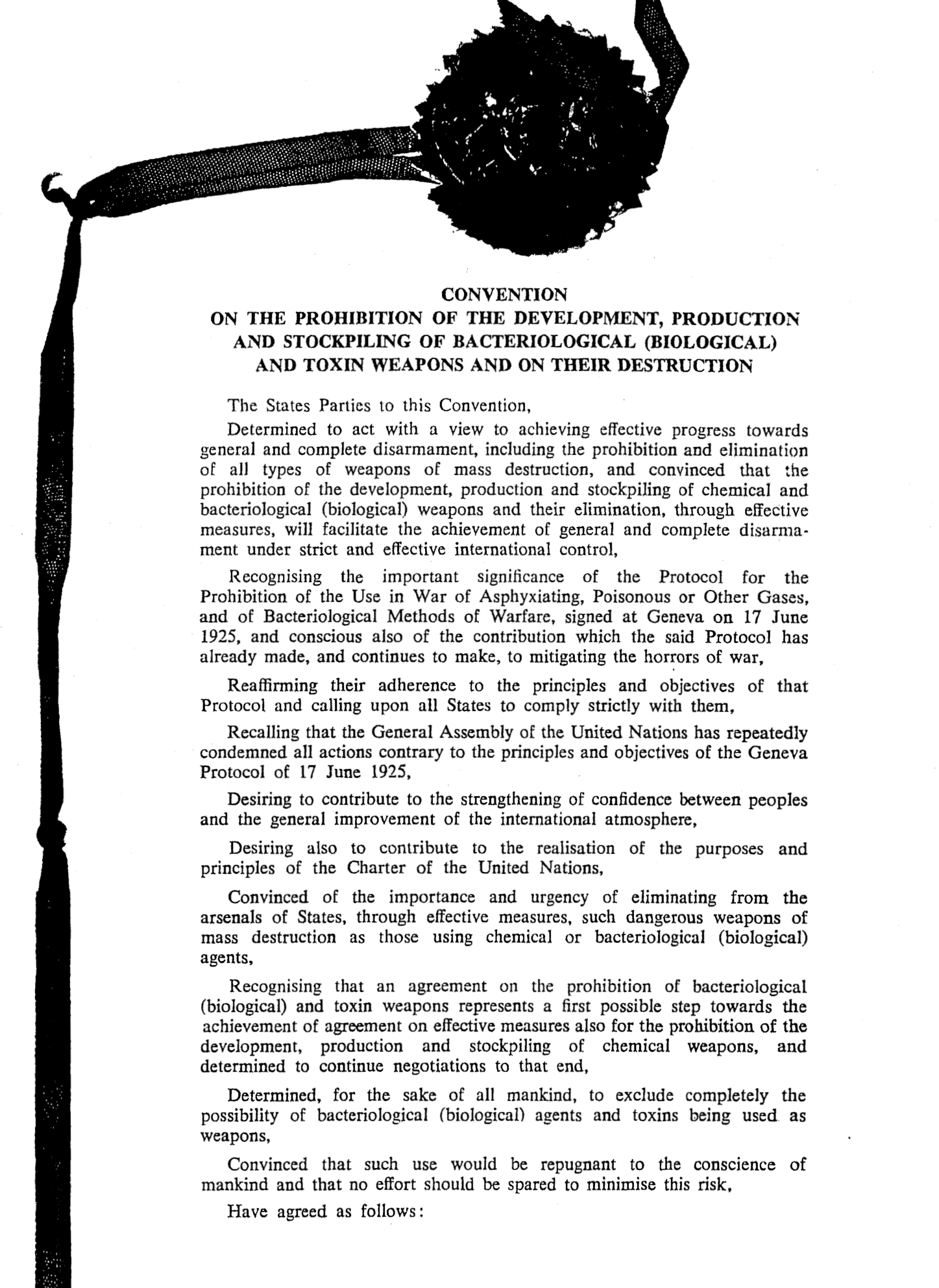|
Neo-Luddism
Neo-Luddism or new Luddism is a philosophy opposing many forms of modern technology. The term Luddite is generally used as a pejorative applied to people showing technophobic leanings. The name is based on the historical legacy of the English Luddites, who were active between 1811 and 1816. Neo-Luddism is a leaderless movement of non-affiliated groups who resist modern technologies and dictate a return of some or all technologies to a more primitive level. Neo-Luddites are characterized by one or more of the following practices: passively abandoning the use of technology, harming those who produce technology harmful to the environment, advocating simple living, or sabotaging technology. The modern neo-Luddite movement has connections with the anti-globalization movement, anarcho-primitivism, radical environmentalism, and deep ecology. Neo-Luddism is based on the concern of the technological impact on individuals, their communities, and/or the environment, Neo-Luddism stipulates t ... [...More Info...] [...Related Items...] OR: [Wikipedia] [Google] [Baidu] |
Luddite
The Luddites were a secret oath-based organisation of English textile workers in the 19th century who formed a radical faction which destroyed textile machinery. The group is believed to have taken its name from Ned Ludd, a legendary weaver supposedly from Anstey, near Leicester. They protested against manufacturers who used machines in what they called "a fraudulent and deceitful manner" to get around standard labour practices. Luddites feared that the time spent learning the skills of their craft would go to waste, as machines would replace their role in the industry. Many Luddites were owners of workshops that had closed because factories could sell the same products for less. But when workshop owners set out to find a job at a factory, it was very hard to find one because producing things in factories required fewer workers than producing those same things in a workshop. This left many people unemployed and angry. The Luddite movement began in Nottingham in England and cu ... [...More Info...] [...Related Items...] OR: [Wikipedia] [Google] [Baidu] |
Modern Technology
Technology is the application of knowledge to reach practical goals in a specifiable and reproducible way. The word ''technology'' may also mean the product of such an endeavor. The use of technology is widely prevalent in medicine, science, industry, communication, transportation, and daily life. Technologies include physical objects like utensils or machines and intangible tools such as software. Many technological advancements have led to societal changes. The earliest known technology is the stone tool, used in the prehistoric era, followed by fire use, which contributed to the growth of the human brain and the development of language in the Ice Age. The invention of the wheel in the Bronze Age enabled wider travel and the creation of more complex machines. Recent technological developments, including the printing press, the telephone, and the Internet have lowered communication barriers and ushered in the knowledge economy. While technology contributes to econom ... [...More Info...] [...Related Items...] OR: [Wikipedia] [Google] [Baidu] |
Simple Living
Simple living refers to practices that promote simplicity in one's lifestyle. Common practices of simple living include reducing the number of possessions one owns, depending less on technology and services, and spending less money. Not only is simple living focused on external changes such as minimalism through fewer commitments or possessions but it also connects to the human's mindset and set of beliefs. These practices can be seen throughout history, religion, art, and economics. Adherents may choose simple living for a variety of personal reasons, such as spirituality, health, increase in quality time for family and friends, work–life balance, personal taste, financial sustainability, increase in philanthropy, frugality, environmental sustainability, or reducing stress. Simple living can also be a reaction to materialism and conspicuous consumption. Some cite sociopolitical goals aligned with environmentalist, anti-consumerist or anti-war movements, including conservation ... [...More Info...] [...Related Items...] OR: [Wikipedia] [Google] [Baidu] |
Chellis Glendinning
Chellis Glendinning (born 1947) is an author and activist. She has been called a pioneer in the concept of ecopsychology—the belief that promoting environmentalism is healthy. She is a social-change activist with an emphasis on feminism, bioregionalism, and indigenous rights. She promotes human cultures which are land-based and confined to bioregion A bioregion is an ecologically and geographically defined area that is smaller than a biogeographic realm, but larger than an ecoregion or an ecosystem, in the World Wide Fund for Nature classification scheme. There is also an attempt to use the ...s, and is a critic of the use of technology. Career In 2007 Glendinning's bilingual folk opera ''De Un Lado Al Otro'', was presented at the Lensic Theater in Santa Fe, New Mexico. Glendinning graduated from the University of California, Berkeley in social sciences in 1969. She received her doctorate in psychology from Columbia Pacific University. Her papers are housed in the Laba ... [...More Info...] [...Related Items...] OR: [Wikipedia] [Google] [Baidu] |
Idea Of Progress
Progress is the movement towards a refined, improved, or otherwise desired state. In the context of progressivism, it refers to the proposition that advancements in technology, science, and social organization have resulted, and by extension will continue to result, in an improved human condition; the latter may happen as a result of direct human action, as in social enterprise or through activism, or as a natural part of sociocultural evolution. The concept of progress was introduced in the early-19th-century social theories, especially social evolution as described by Auguste Comte and Herbert Spencer. It was present in the Enlightenment's philosophies of history. As a goal, social progress has been advocated by varying realms of political ideologies with different theories on how it is to be achieved. Measuring progress Specific indicators for measuring progress can range from economic data, technical innovations, change in the political or legal system, and questions be ... [...More Info...] [...Related Items...] OR: [Wikipedia] [Google] [Baidu] |
Societal Collapse
Societal collapse (also known as civilizational collapse) is the fall of a complex human society characterized by the loss of cultural identity and of socioeconomic complexity, the downfall of government, and the rise of violence. Possible causes of a societal collapse include natural catastrophe, war, pestilence, famine, economic collapse, population decline, and mass migration. A collapsed society may revert to a more primitive state, be absorbed into a stronger society, or completely disappear. Virtually all civilizations have suffered such a fate, regardless of their size or complexity, but some of them later revived and transformed, such as China, India, and Egypt. However, others never recovered, such as the Western and Eastern Roman Empires, the Maya civilization, and the Easter Island civilization. Societal collapse is generally quick but rarely abrupt. Anthropologists, (quantitative) historians, and sociologists have proposed a variety of explanations for the collaps ... [...More Info...] [...Related Items...] OR: [Wikipedia] [Google] [Baidu] |
Ted Kaczynski
Theodore John Kaczynski ( ; born May 22, 1942), also known as the Unabomber (), is an American domestic terrorist and former mathematics professor. Between 1978 and 1995, Kaczynski killed three people and injured 23 others in a nationwide mail bombing campaign against people he believed to be advancing modern technology and the destruction of the environment. He authored ''Industrial Society and Its Future'', a 35,000-word manifesto and social critique opposing industrialization, rejecting leftism, and advocating for a nature-centered form of anarchism. A mathematics prodigy, Kaczynski attended Harvard University and the University of Michigan. In 1971, he abandoned his academic career to pursue a primitive life, moving to a remote cabin without electricity or running water near Lincoln, Montana, where he lived as a recluse while learning survival skills to become self-sufficient. After witnessing the destruction of the wilderness surrounding his cabin, he concluded th ... [...More Info...] [...Related Items...] OR: [Wikipedia] [Google] [Baidu] |
Causes Of Schizophrenia
Risk factors of schizophrenia include many genetic and environmental phenomena. The prevailing model of schizophrenia is that of a special neurodevelopmental disorder with no precise boundary or single cause (i.e. arises from multiple mechanisms). Schizophrenia is thought to develop from very complex gene–environment interactions with vulnerability factors. The interactions of these risk factors are intricate, as numerous and diverse Insult (medical), medical insults from conception to adulthood can be involved. The combination of genetic and environmental factors leads to deficits in the neural circuits that affect sensory input and cognitive functions. Historically, this theory has been broadly accepted but impossible to prove given ethical limitations. The first definitive proof that schizophrenia arises from multiple biological changes in the brain was recently established in human tissue grown from patient stem cells, where the complexity of disease was found to be "even more ... [...More Info...] [...Related Items...] OR: [Wikipedia] [Google] [Baidu] |
Philosophy
Philosophy (from , ) is the systematized study of general and fundamental questions, such as those about existence, reason, knowledge, values, mind, and language. Such questions are often posed as problems to be studied or resolved. Some sources claim the term was coined by Pythagoras ( BCE), although this theory is disputed by some. Philosophical methods include questioning, critical discussion, rational argument, and systematic presentation. in . Historically, ''philosophy'' encompassed all bodies of knowledge and a practitioner was known as a ''philosopher''."The English word "philosophy" is first attested to , meaning "knowledge, body of knowledge." "natural philosophy," which began as a discipline in ancient India and Ancient Greece, encompasses astronomy, medicine, and physics. For example, Newton's 1687 ''Mathematical Principles of Natural Philosophy'' later became classified as a book of physics. In the 19th century, the growth of modern research universiti ... [...More Info...] [...Related Items...] OR: [Wikipedia] [Google] [Baidu] |
Genetically Modified Organism
A genetically modified organism (GMO) is any organism whose genetic material has been altered using genetic engineering techniques. The exact definition of a genetically modified organism and what constitutes genetic engineering varies, with the most common being an organism altered in a way that "does not occur naturally by mating and/or natural recombination". A wide variety of organisms have been genetically modified (GM), from animals to plants and microorganisms. Genes have been transferred within the same species, across species (creating transgenic organisms), and even across kingdoms. New genes can be introduced, or endogenous genes can be enhanced, altered, or knocked out. Creating a genetically modified organism is a multi-step process. Genetic engineers must isolate the gene they wish to insert into the host organism and combine it with other genetic elements, including a promoter and terminator region and often a selectable marker. A number of techniques are a ... [...More Info...] [...Related Items...] OR: [Wikipedia] [Google] [Baidu] |
Biological Weapons
A biological agent (also called bio-agent, biological threat agent, biological warfare agent, biological weapon, or bioweapon) is a bacterium, virus, protozoan, parasite, fungus, or toxin that can be used purposefully as a weapon in bioterrorism or biological warfare (BW). In addition to these living or replicating pathogens, toxins and biotoxins are also included among the bio-agents. More than 1,200 different kinds of potentially weaponizable bio-agents have been described and studied to date. Biological agents have the ability to adversely affect human health in a variety of ways, ranging from relatively mild allergic reactions to serious medical conditions, including serious injury, as well as serious or permanent disability or even death. Many of these organisms are ubiquitous in the natural environment where they are found in water, soil, plants, or animals. Bio-agents may be amenable to "weaponization" to render them easier to deploy or disseminate. Genetic modification m ... [...More Info...] [...Related Items...] OR: [Wikipedia] [Google] [Baidu] |






.png)



